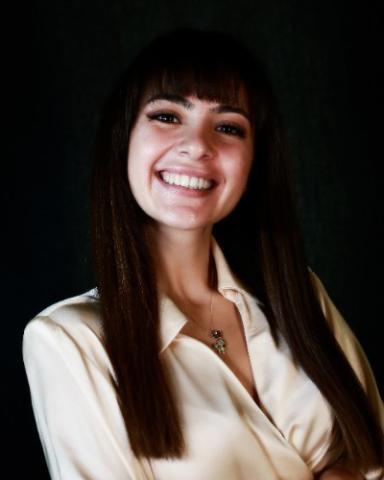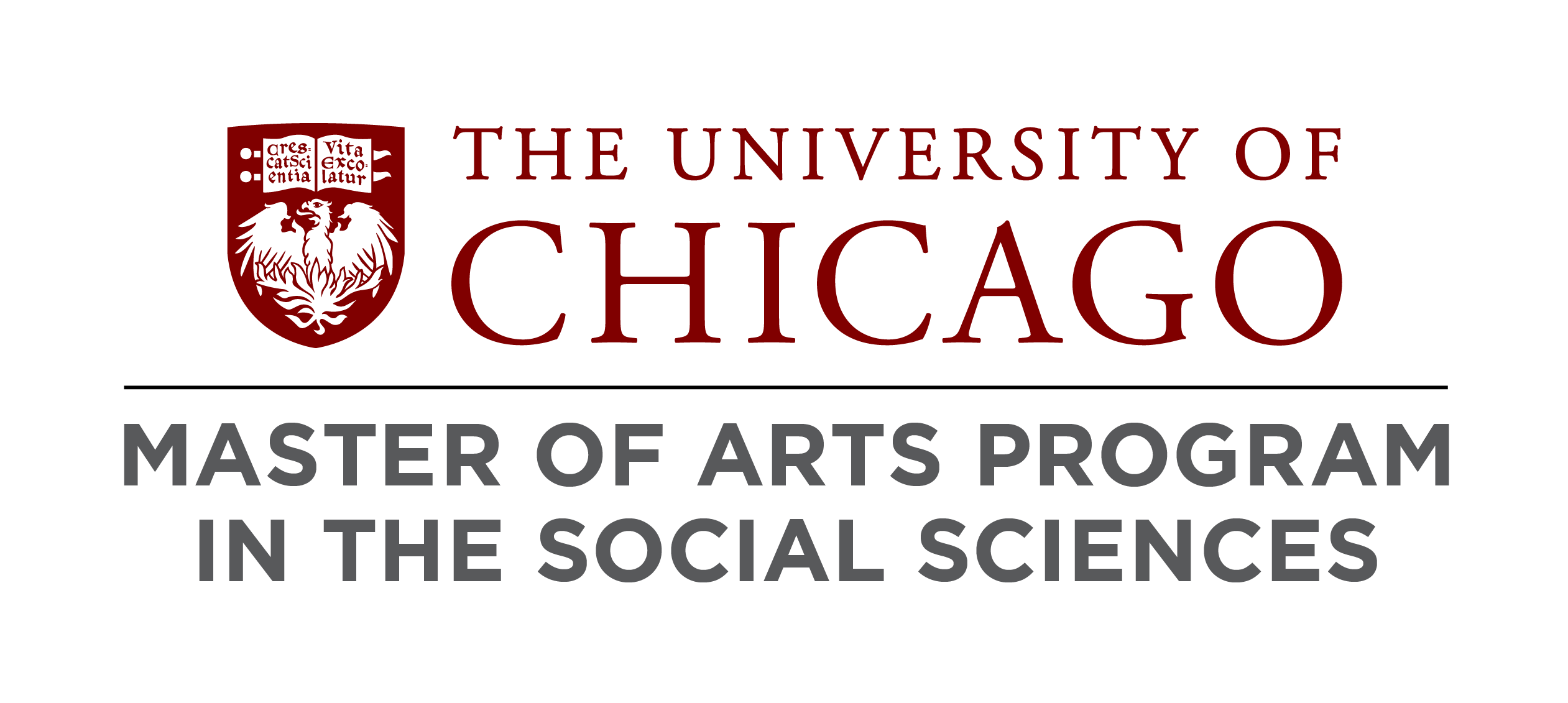Will Notini, MAPSS'14
Iris Girgin, PhD student studying Political Science in the Social Sciences Division, talked with Will Notini, MAPSS’14, about his career achievements (thus far) and how he relies on the MAPSS experience and classes, and the skills he gained while at UChicago, in his current role. Now a Chicagoan, and living in Hyde Park, Will also touched on friends, the best food in Hyde Park, and much more.

Iris: Starting from the beginning … what drew you to the MAPSS program?
Will: I completed my BA at NYU, concentrating on Sociolinguistics. Like many MAPSS students, I initially thought I would pursue a PhD. However, midway through the program, I realized my passion lay in applied research. After graduating, I spent five years in market research within the restaurant industry. Eventually, I decided to shake things up, transitioning into design research and starting an MBA. The MAPSS degree has been foundational to my work.
Iris: How has it been foundational?
Will: The MAPSS degree gives you credibility because of its solid reputation for providing a strong grounding in the fundamentals of social science, which are essential for modern design methodologies. This background is crucial, particularly in design research.
Iris: What is design research, and how did you discover it as your calling?
Will: Quite randomly, actually. Design research is about creating new products and services with the users at the heart of the process. It involves exploratory ethnographic activities to uncover what should be designed. Social science fundamentals are crucial here. I stumbled upon human-centered design while trying to establish qualitative research at my previous job. Once I discovered this field, I knew I had to switch careers because it felt so meaningful to me.
Iris: What was writing your thesis like?
Will: Writing a thesis was quite an experience! At the outset, it was a high-pressure situation because MAPSS is a one-year program. You arrive at the University of Chicago and immediately start thinking of a compelling thesis topic while juggling readings and forming relationships. It was definitely challenging at the beginning.
After completing my coursework, I spent the summer working part-time and writing the thesis, which worked out well. This approach gave me some professional experience and provided the time to integrate what I had learned into my thesis, Language Ideologies And the Maintenance of Irish as a Community Language. By the end, I was really proud of the final product - my arguments came together in a cohesive and compelling way.
Iris: Yes! My MPhil was also a short, one-year program. I’m glad that at UChicago you were able to take some time for yourself, working and completing your thesis. Who did you work with while you writing your thesis?
Will: My advisor was Constantine (Costas) Nakassis, a professor in the Department of Anthropology. I also took Language and Culture with him. Because I was focused on linguistic anthropology, his guidance was incredibly important. He gave great feedback and helped me bring some fantastic ideas to the paper.
Elina Hartikaine), my preceptor, was also invaluable. She helped shape my research question and provided essential feedback. Both were a great support system for my thesis.
Iris: Were there courses completely changed your perspective on an issue? Or perhaps a course you would highly recommend to current and incoming students?
Will: The most practical course, and the one that has been most useful in my professional career, was Ethnographic Methods with Elina. It was fantastic. Another unforgettable class was the Language and Culture sequence with Michael Silverstein and Costas. This class was a big part of why I was excited about the University of Chicago. My advisor in the linguistics department at NYU encouraged me to connect with Michael Silverstein, and his lectures genuinely changed the way I think.
Iris: What specific skills or knowledge from the MAPSS program do you use frequently in your current role?
Will: It's a combination of things. First, the nuts and bolts of good qualitative research are skills I use regularly. For instance, I'm heading into the field next week to conduct ethnographic research, so I'll be directly applying my training. This includes understanding the role of the design researcher in relation to research participants, clients, and the rest of the design team. We discussed the role of the ethnographer extensively in MAPSS, considering various relationships and dynamics. This knowledge is now ingrained in me and is something I often pass on to junior team members.
I also frequently draw on the principles of qualitative methods. Design research is particularly interesting because it borrows from different disciplines when it’s most helpful. During my time in MAPSS, there was a focus on understanding various approaches within the social sciences and their utility. In my day-to-day work, this means creating flexible and creative research plans. When I receive a design brief, I have to decide whether interviews or another method will provide the most insightful and useful information. Sometimes, getting inspired by other social sciences can bring us closer to what we need to learn.
Iris: Since graduating, how have your relationships with your cohort members evolved? Have you kept in touch or collaborated professionally?

Will: I didn't initially see MAPSS as a networking opportunity, but it has become incredibly valuable. I'm still in touch with many friends from the program, and we've ended up in adjacent roles. I am involved with the Alumni Association, where we work hard to connect people across different MAPSS cohorts. Through these events, I've met fascinating people doing amazing work. I've collaborated with several MAPSS alumni and even recruited from the program because I knew the quality and rigor of the students. As an alumnus, I've found the network to be an invaluable resource.
Iris: Any advice for current or prospective students who will be joining us?
Will: Make sure to allocate time for yourself. There's an endless amount of work you can do, but striking a balance is crucial. Many students want to deeply engage with all the material, but it's important to let yourself off the hook if you can't get through everything. Go to the pub, spend time at the Point, and explore Chicago as much as possible. Prioritize your personal life alongside your academics to avoid burnout.
One final piece of advice: don't come in with a rigid idea of what you want to do. Test a few different things. We put on a career event in the fall, and even if you're set on a PhD, attend it. See the various ways people are using their degrees both inside and outside academia. Having those ideas early on can be very helpful.
Will’s top picks:
Favorite study spots: Harper Library, fourth floor of the Reg (Regenstein Library).
Best place for coffee: True North Café, Plein Air, Grounds of Being, and the coffee shop at the base of Cobb.
Best food in Hyde Park: Nella's Pizza.
Favorite activity in Hyde Park: Spend time at Promontory Point.
Favorite thing to do: Have people over to my apartment, cook food, and hang out in the backyard. Enjoy the outdoor spaces, have dinner parties, and talk about ideas with friends.
Extracurricular recommended: Intramural sports (especially soccer with friends from the cohort).
 THE UNIVERSITY OF CHICAGO
THE UNIVERSITY OF CHICAGO

